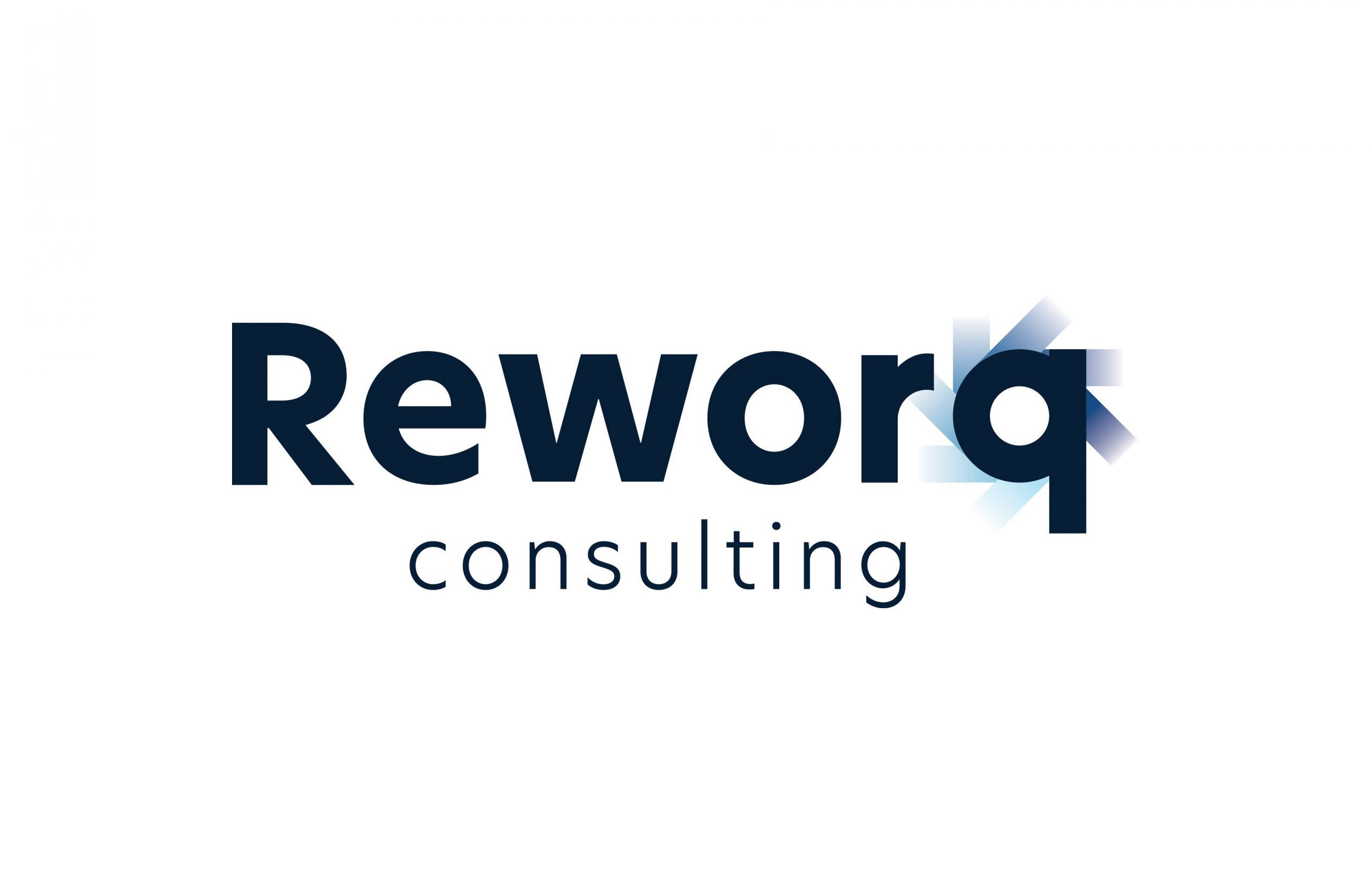A proactive management philosophy and a controlled approach to risk underlies the key principles of Project Risk Management. Managing projects and its various processes are always viewed with a certain degree of uncertainty and risk. Whilst uncertainty is both unmanageable and uncontrollable, Risk Management is one of the crucial components of any successful project.
Project risk is a problem that may or may not arise during your project and there is no way to control all potential risks. Risk Management component is an ongoing and evolving process, but it is an important part of any project. Effective Risk Management strategies allow the Project Manager to plan for unexpected events, create project objectives to prevent or prepare for upcoming risks, define how to manage potential risks, and then be ready to respond if (and when) risks arise.
The importance of Project Risk Management
The Risk Management process should not be compromised at any point and if ignored, it will lead to detrimental effects for a project and impact an organisation’s goals. The project Planning Phase is the most important part of any project. The consensus is that the project Development Phase is where the critical work is done, but it is during the planning for your project that saves your project from failure.
Risk Management is not only about being aware of what might happen, but also about undertaking proactive actions to prevent any negative issues from becoming a reality. There will also be a certain amount of planning for unexpected events (built into a project), but Risk Management also measures the level of risk present in a project and identifies methods the Project Manager can use to mitigate these risks.
What sort of Project Risks do you need to consider?
Well, project risks fall under a few key categories but here are the four (4) main categories:
- Technical Risks are based on technical requirements, technology, interfaces, performance, and quality.
- Management Risks that are identified from planning, scheduling, estimating, or via communication.
- Organisational Risks arising from project dependencies, logistics, resources, budget, audit, etc.
- External Risks that may escalate from your customers, contractors, suppliers, vendors, competitors, or market conditions.
For each Project Risk, there are 3 levels of knowability
Project risks are unplanned but understanding Risk Management is all about how much you are expected to know. Risk falls into three (3) levels of knowability:
Known Risk
- A Known Risk is one that has identified already by you, stakeholder, expert, project team member, or teammate.
- These risks need to be carefully analysed and documented.
Unknown Risk
- An Unknown Risk is one that has not been identified right away and might only be known or recognised by a few people, such as an expert or specialist.
- Whilst writing your Project Risk Management Plan, you need to evaluate and spend adequate amount of time trying to discover these risks.
Unknowable Risk
- An Unknowable Risk is one that you cannot be reasonably expected to foresee (e.g. total system failure, market crash, or an accident).
- It is important to accept that you cannot anticipate every risk, but that you need to be aware that they do exist.
7 Key Principles of Project Risk Management

Defining, executing, and delivering a successful Risk Management Plan will help protect your company’s project, reputation, resources, and people.
Projects of all sizes require Risk Management in some way, shape, or form. All industries and organisations manage risks differently. The Project Manager’s role is vital with executing a Project Management Framework (and strategy) to avoid, manage, and recover from risk.
With integrating your Risk Management Plan into your project, the Project Manager needs to consider seven (7) key principles:
1. Ensure your risks are identified and assessed early
The most important principle of Risk Management is to make sure you have completed your Risk Assessment before your project commences. It is imperative that you identify the cause of every potential risk and then engage preventative measures (and response) if it were to occur. Then, after risks have been identified and sourced, each risk needs to be measured.
2. Align to your organisational goals and objectives
Your Risk Management Plan must align to your organisation’s overall goals and objectives. If a risk that you have identified occurs – How will it impact the organisation? What are the financial, market, and competition implications?
Within the integration of your Risk Management Plan, every organisation will have a different desired outcomes and priorities. But the Risk Strategy should be consistent with the overall goals and culture of the organisation.
3. Manage risk tolerance (but within context)
When considering project risk, context is extremely important because each organisation has different tolerance levels to their identified risks. But numerous factors (political, environmental, market, competition, technological, legal, etc.) will impact organisations and industries differently.
When planning for project risk, both internal and external context should be considered with your Risk Management process. The reason is that each organisation communicates their risk differently, due to their own internal culture, and Risk Management protocols.
4. Involve your key stakeholders
As a Project Manager, when you commence your risk planning phase, it’s vitally important that you assess the level of expertise within your Project Team (e.g., team members, contractors, vendors, etc), but also other experts within your organisation and seek out any advice for planning for risk (e.g., Executive Team, Senior Managers).
Throughout your Risk Management process (and decision-making), key stakeholders should be involved with your risk planning. Why? Well, you need to identify and gain insights into potential risks that you may not have considered.
5. Ensure project responsibilities and roles are clear
Whilst the Project Manager or Change Manager is responsible for the transparency and visibility of the Risk Management Plan, every Project Team member should know their role in mitigating risk. The responsibilities need to be clear, accountable, and inclusive throughout the Risk Management process.
This is not about been dismissive of the various (and different) roles within your Project Team, but it is equally as important with encouraging questions, suggestions, and discussions from them. Risk can be managed creatively and effectively with the collective people that are participating, but each team member needs to be responsive, flexible, and dynamic – everyone must be empowered to deal with risk, within their own level.
6. Create your Risk Review cycle
Once you have identified risks and prepared a Risk Management Plan (and strategy), during each process step all risks should be evaluated, and any mitigation measures should be implemented (if required) to reduce the impact of the risk.
In reference to your project, everyone is engaged (and notified) by reporting on each risk and communicating any required changes to key stakeholders in a timely manner. By consistent reporting throughout the project, it is much easier to escalate issues and address them before any more problems arise.
7. Review and strive for continuous process improvement
Once your project has been completed, it is time to review how well your Risk Management Plan was implemented, what were the learning outcomes, and whether there were any improvement observations. Learn, adapt, and manage your risk (for your next project).
Summary
An organisation will never fully eliminate or eradicate risks, as every project engagement will have its own different (and unique) set of risks to be dealt with. A certain degree of risk will be involved when undertaking any project but progressive education, consistent communication, and frequent risk assessments, can minimise the damage from risks.
By effectively managing project risks, the Project Manager always remains in control of the project, which enables better project (and risks) decisions, and provides the best opportunity for success. The Project Manager recognises the critical importance of Risk Management, because achieving a project’s goals depends on planning, preparation, results, and evaluation processes that all contribute to achieving an organisation’s strategic goals.
Need some guidance on your next steps? Let’s start a conversation…



